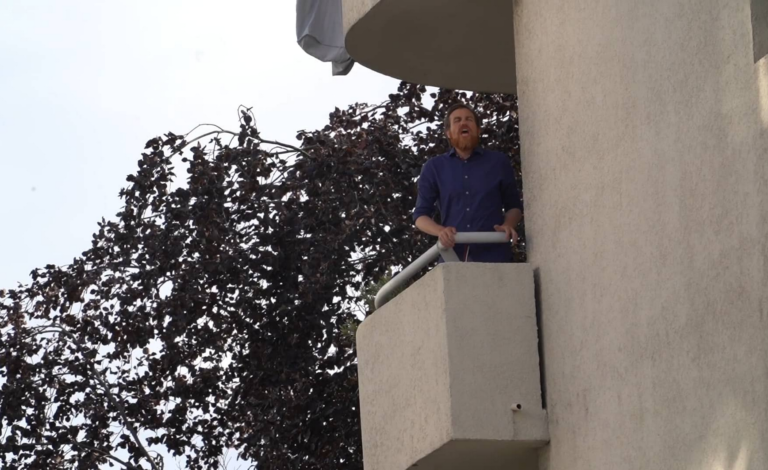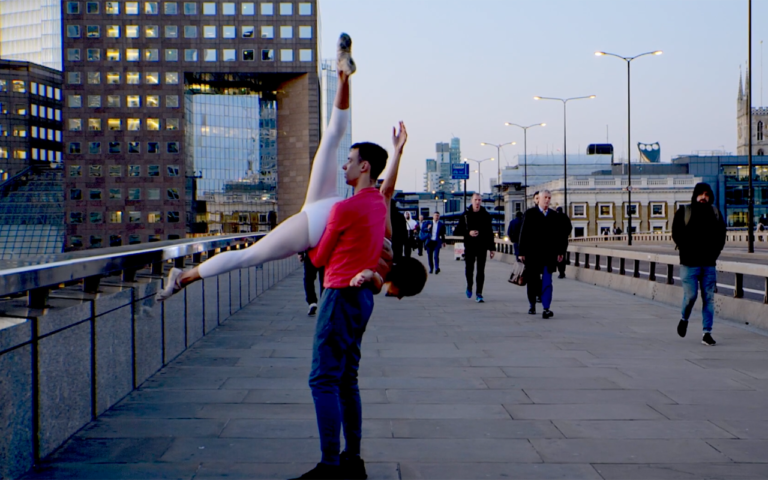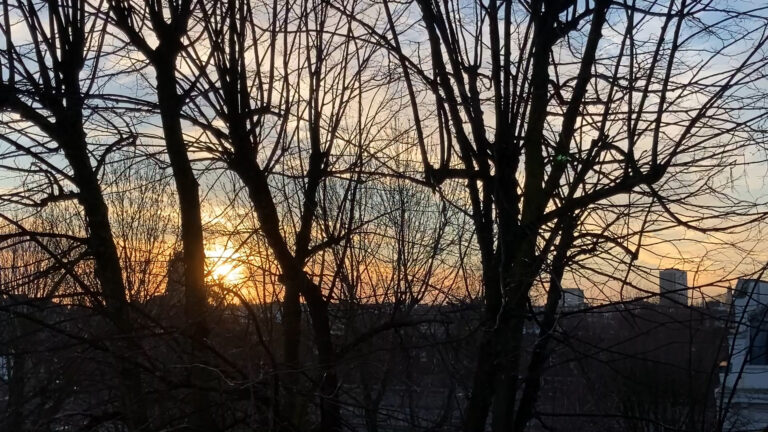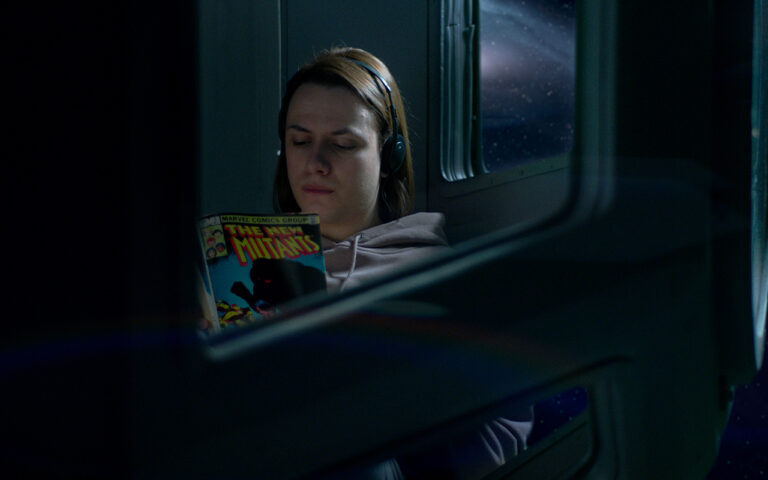This piece was created as part of the Urban Sound and the Politics of Memory research exchanged organised by Recomposing the City and Theatrum Mundi. First published by Optophono.
This audio-visual essay asks what role non-human life plays in Beirut’s public realm. Observed from an outsider’s perspective, it reflects on the different ways that other life forms are both put to work and take up space in Beirut. The materials were recorded on a walk through Gemmayzeh, Geitawi, and Qobayat during Theatrum Mundi and Recomposing the City’s 2018 research networking trip to Beirut. Though this is just one part of the city, the questions raised could apply anywhere.
Inspired by the works contributed by Nathalie Harb and Nadim Mishlawi to the Optophono Acoustic Cities edition, that we first heard during the 2018 trip, I wanted to pay attention to the ways that listening to quiet sounds could make acoustic space without imposing silence on the city. By putting noise in the background, they suggest different modes of attention. These modes of listening have wider implications. Can we think of democracy as something that allows component parts of a social system that could otherwise be drowned out to be made audible?
Sounds, images, texts: John Bingham-Hall



